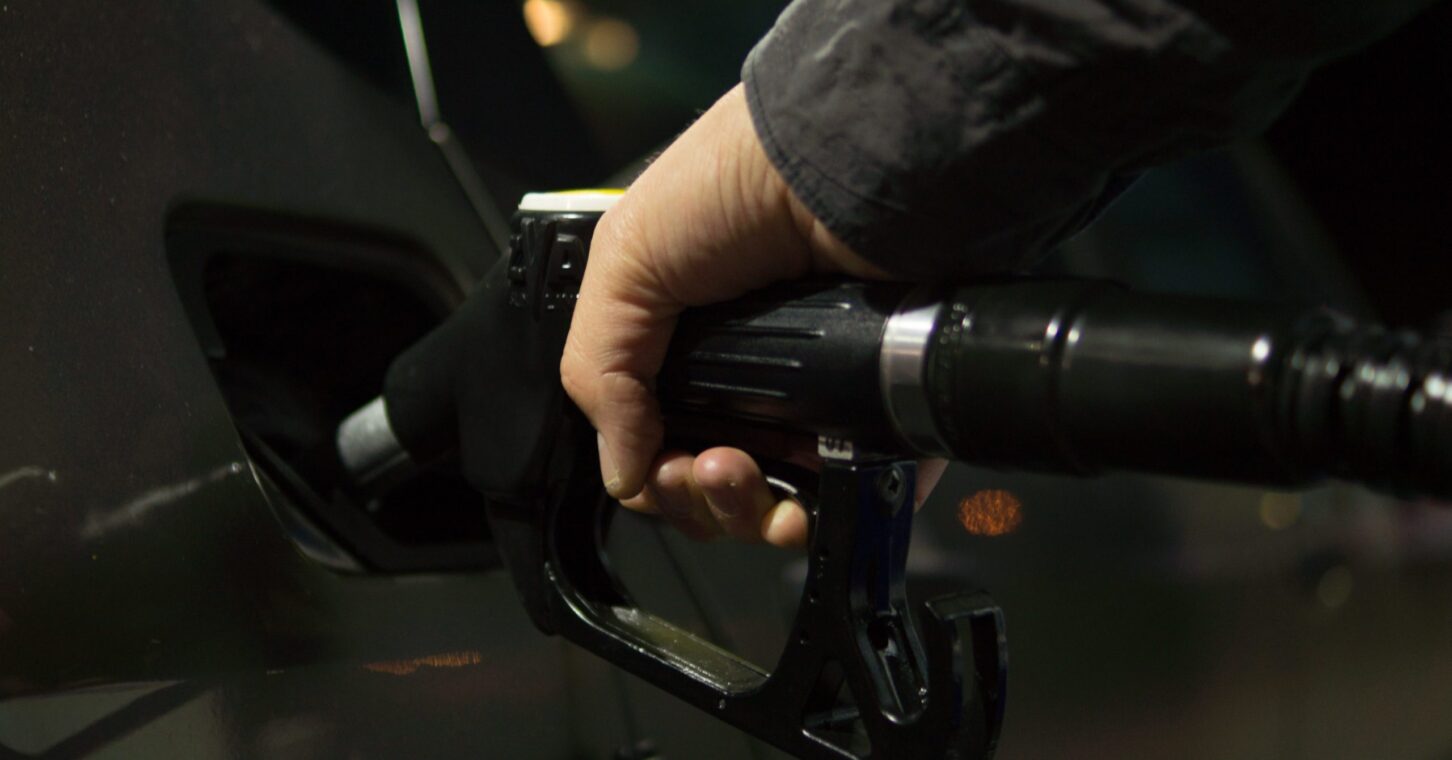
With average gas prices in the U.S. popping above $3.50 per gallon, about a dollar more than drivers were paying at this time last year, President Joe Biden has started making vague promises of government action.
“I’m going to work like the devil to bring gas prices down,” Biden said last week, before repeating the line in a speech at a gathering of county officials on Monday.
It’s a bizarre sentiment that overstates the president’s role in setting gas prices, though it’s understandable why the White House is worried: Gas prices are treated, often inaccurately, as a proxy for the country’s economic health.
There are two factors driving gas prices higher right now. The first is simple supply and demand. Like with just about every other commodity, crude oil experienced a bust during the lowest point of the pandemic and is now booming as global demand increases and the supply lines struggle to keep up, resulting in higher prices. Global oil production is ramping up, but it will take time for that increased availability to be reflected at the pump.
There’s not much to be done about these global supply-and-demand issues. In response to high gasoline prices in November, Biden authorized the largest-ever release of crude oil from America’s strategic reserves. That temporarily lowered prices, but three months later it’s obvious that was a short-term fix.
The second factor driving up prices is inflation. Prices are up 7.5 percent over the past 12 months, and fuel prices have seen some of the largest increases—gasoline prices have shot up by 40 percent since January 2021. A lot of that is due to the supply and demand issues, but at least some of it is a reflection of widespread, persistent price inflation across the economy as a whole: a dollar today would buy less gasoline than it did a year ago, even if all other factors were equal.
Biden does have some control over that, and misused it. Pretty much every economist who reviewed Biden’s $1.9 trillion American Rescue Plan before Congress passed it in March 2021 warned that dumping so much new spending into an already-recovering economy was a recipe for inflation. Turns out they were right. There’s no way to undo that spending now.
Unfortunately, the White House and congressional Democrats now appear to be mulling a plan to attack high gas prices that could cause a short-term price dip while making inflation worse in the long run.
A gas tax holiday means not paying $0.18 to the federal government for every gallon of gas you put in your car, and it’s encouraging to see Democratic lawmakers openly admit that cutting taxes is a way to help ordinary Americans by simply letting people keep more of their money.
But as a means of lowering gas prices or curbing inflation, a gas tax holiday is almost certain to fail.
On principle, if we have to pay taxes, then the gas tax is pretty much the ideal way to do it. It’s a flat user fee that charges more to people who consume more gasoline, and the revenue is directed to the Federal Highway Trust Fund to pay for federal road projects. It’s about as fair as any tax system could hope to be. But suspending the gas tax—and doing so for what are pretty obviously political reasons—creates a number of practical problems.
First, it would blow an estimated $20 billion hole in the Highway Trust Fund at a time when the fund is already slinking toward insolvency. That hole would have to be filled sooner or later by either raising taxes, transferring revenue from somewhere else, or reducing the number of fund projects.
The more immediate problem, however, is that there are two possible outcomes of a gas tax holiday. Either the tax break will be significant enough to artificially depress prices at the pump, which necessarily translates into drivers being encouraged to buy more gasoline—or…it won’t be.
Both of these seemingly contradictory outcomes are actually problematic if the White House’s goal is to simultaneously reduce inflation and score political points for the effort.
More broadly, this debate over the gas tax holiday reflects the damned-if-you-do, damned-if-you-don’t problem that has dogged the Biden administration since it took office. Like with the $1.9 trillion stimulus package passed last year, the political impulse to make it look like the White House is doing something is tempting. Doing nothing in situations where you can’t meaningfully impact the outcome, like with gas prices, is often the better idea, no matter what voters might think.
Eric Boehm is a reporter at Reason.com, where this piece first appeared.
